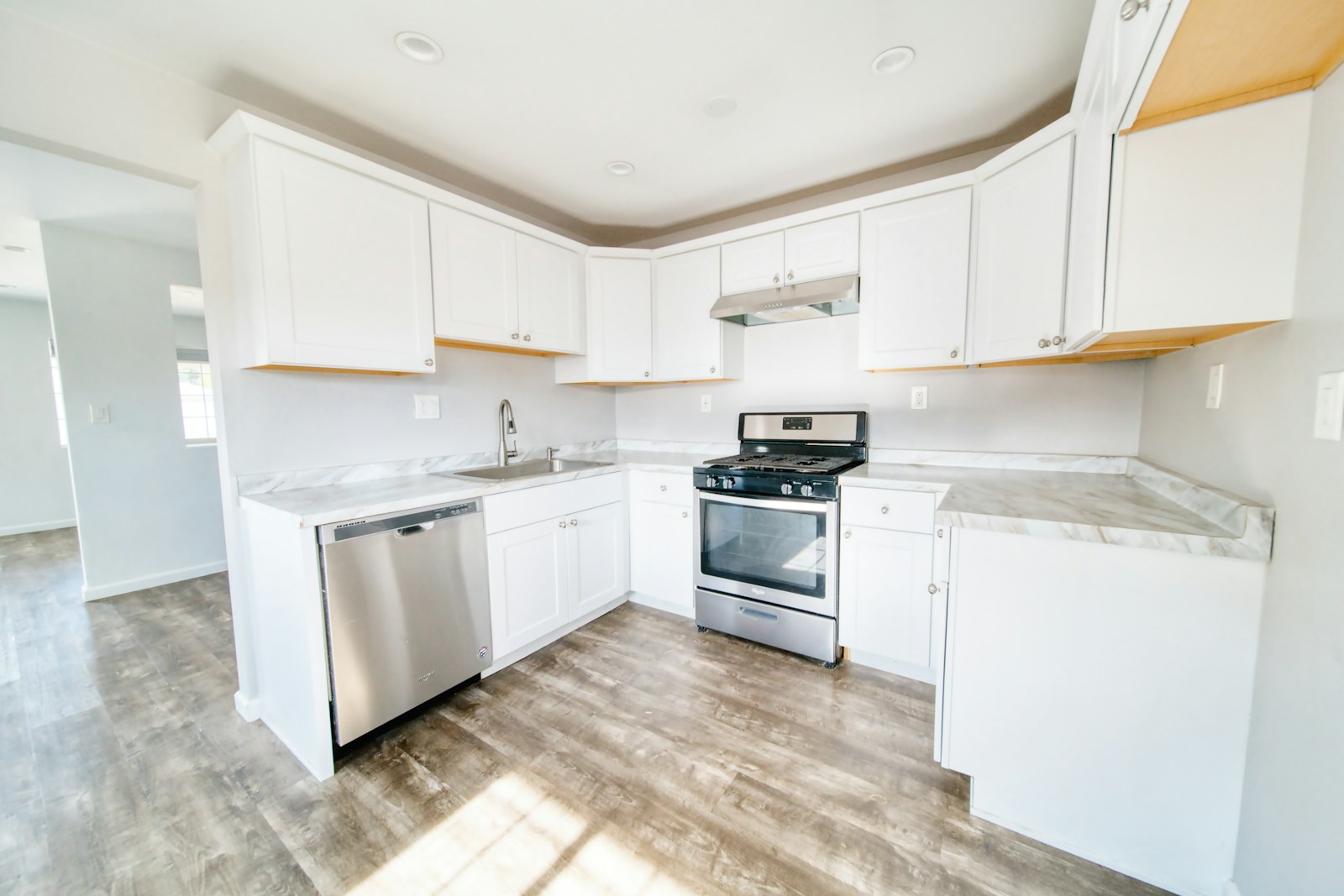Ottawa’s Neighborhood Diversity at a Glance
Choosing the right neighborhood in Ottawa can feel like a balancing act. With over 100 distinct communities, each offering a unique blend of lifestyle, amenities, and price points, buyers often find themselves asking: “Where will I feel most at home?”
Whether you’re a young professional chasing city life, a growing family craving space, or a retiree seeking peace and convenience, Ottawa has a neighborhood that matches your rhythm.
This guide walks you through how to match your lifestyle to the right neighborhood, step-by-step — combining practical considerations like budget and commute with personal factors like vibe, safety, and long-term growth.
1. Start with Your Lifestyle Priorities
Before diving into listings or open houses, ask yourself what truly defines your daily life.
Questions to consider:
How important is commute time?
Do you prefer quiet suburban streets or walkable urban areas?
Are schools, parks, or transit top priorities?
Do you enjoy nightlife and restaurants — or peace and nature?
Your answers will narrow down which part of Ottawa suits you best.
2. Define Your Budget — Then Match to Market Reality
Ottawa’s real estate prices vary dramatically between neighborhoods. Setting a realistic budget helps focus your search.
Under $500K → Consider condo-friendly areas like Vanier, Hurdman, and Britannia
$600K–$800K → Access to family homes in Barrhaven, Riverside South, and Stittsville
$900K+ → Premium detached or infill homes in Westboro, Glebe, and Old Ottawa South
Pro tip: Budget for hidden costs such as property taxes, maintenance, and commuting expenses — these can vary widely depending on the area.
3. Understand Ottawa’s Core Neighborhood Categories
A. Downtown & Urban Core
Neighborhoods: Centretown, Golden Triangle, Sandy Hill, Lowertown
Vibe: Bustling, walkable, and close to workplaces.
Best for: Professionals, students, renters, and investors.
Trade-off: Higher prices per square foot and limited parking.
B. Established Inner Suburbs
Neighborhoods: Glebe, Old Ottawa South, Westboro, Alta Vista
Vibe: Family-oriented, tree-lined streets, great schools.
Best for: Families and professionals.
Trade-off: Older homes often require updates.
C. Outer Suburbs and Growing Communities
Neighborhoods: Barrhaven, Kanata, Orleans, Riverside South, Stittsville
Vibe: Newer homes, shopping centers, quiet streets.
Best for: Young families and commuters.
Trade-off: Longer commutes and limited nightlife.
D. Rural Villages and Acreage Living
Neighborhoods: Greely, Carp, Manotick, Carlsbad Springs
Vibe: Spacious lots, nature, and privacy.
Best for: Retirees or those seeking country charm.
Trade-off: Fewer walkable amenities.
4. Factor in Commute and Transit Access
For many buyers, proximity to work or school is a make-or-break factor.
Ottawa’s LRT expansion (Stages 2 and 3) is reshaping commute options, making areas like Riverside South, Barrhaven, and Stittsville more desirable for professionals.
Tips:
Use tools like Google Maps to simulate rush-hour commute times.
Check for bike paths, LRT stops, and bus routes nearby.
If you work downtown, consider living near Tunney’s Pasture, Bayview, or Lees Station for convenient connections.
5. Evaluate Schools and Family Amenities
If you have (or plan to have) children, school zones matter as much as square footage.
Top-rated school areas include:
Westboro / McKellar Park (Excellent public and French immersion options)
Barrhaven / Stittsville (Modern schools and family programming)
Glebe / Old Ottawa South (Historic schools and community feel)
Combine school ratings with local parks, libraries, and recreation centers to get a complete family-friendly picture.
6. Assess Safety and Community Feel
Ottawa is one of Canada’s safest cities, but neighborhood dynamics differ.
How to research safety:
Check Ottawa Police neighborhood stats
Visit at different times of day
Talk to locals and shop owners
Community “feel” often determines long-term satisfaction. A Saturday visit to a local coffee shop or market can tell you more about a neighborhood than hours of online research.
7. Match Lifestyle Perks to Personality
If you love the outdoors:
Try Britannia Village, Riverside South, or Manotick for water access and trails.
If you crave nightlife and restaurants:
Explore Elgin Street, Little Italy, or Westboro Village for walkable entertainment.
If you want peace and privacy:
Head to Greely, Carp, or Carlsbad Springs for acreage living and quiet streets.
If you value diversity and culture:
Consider Vanier, Lowertown, or Chinatown, where community roots and global flavors thrive.
8. Plan for Long-Term Growth and Value
Real estate isn’t just about today — it’s about where neighborhoods are heading.
Areas near future LRT expansions (Stage 2 & 3) and new developments, such as Riverside South, Stittsville, and Barrhaven, are seeing strong growth potential.
Pro tip: Check the City of Ottawa’s Official Plan maps to identify where density, schools, and shopping centers are planned — these are signs of future demand.
9. Visit Neighborhoods Before You Commit
It’s easy to fall in love with a home online, but nothing replaces walking the streets yourself.
Visit at different times (morning, evening, weekend).
Note traffic flow, street lighting, and parking availability.
Try local restaurants or coffee shops to feel the community energy.
Sometimes the intangibles — like friendly neighbors or peaceful parks — make all the difference.
10. Work with a Local Realtor Who Knows the Nuance
Ottawa’s market is highly localized. A Barrhaven expert won’t necessarily know the same details about Sandy Hill or Hintonburg.
Choose a realtor with neighborhood-specific knowledge, especially if you’re new to the city. They can help:
Identify undervalued communities
Explain school zoning and transit plans
Compare resale vs. new-build options
FAQs: Choosing the Right Ottawa Neighborhood
1. What’s the most family-friendly area in Ottawa?
Barrhaven, Stittsville, and Riverside South top the list for schools, space, and community amenities.
2. What’s the best place for young professionals?
Centretown, Hintonburg, and Little Italy — great transit access and walkability.
3. Are Ottawa’s suburban areas safe?
Yes. Most suburbs like Kanata, Orleans, and Barrhaven are consistently ranked among Ottawa’s safest communities.
4. How do I find French-friendly areas?
Vanier, Orleans, and Gatineau (across the river) have strong bilingual communities and schools.
5. Which areas are best for real estate investment potential?
Look to Riverside South, Barrhaven, and Kanata — all near future LRT expansions and strong population growth.
Conclusion: Your Ideal Neighborhood Is Out There
Finding the right Ottawa neighborhood isn’t just about price — it’s about matching your lifestyle, values, and goals with the right community fabric.
From urban energy in Centretown to suburban comfort in Barrhaven and rural charm in Greely, Ottawa offers something for everyone.
Take your time, explore, and remember — the best neighborhood isn’t necessarily the trendiest. It’s the one that makes everyday life feel just right.













